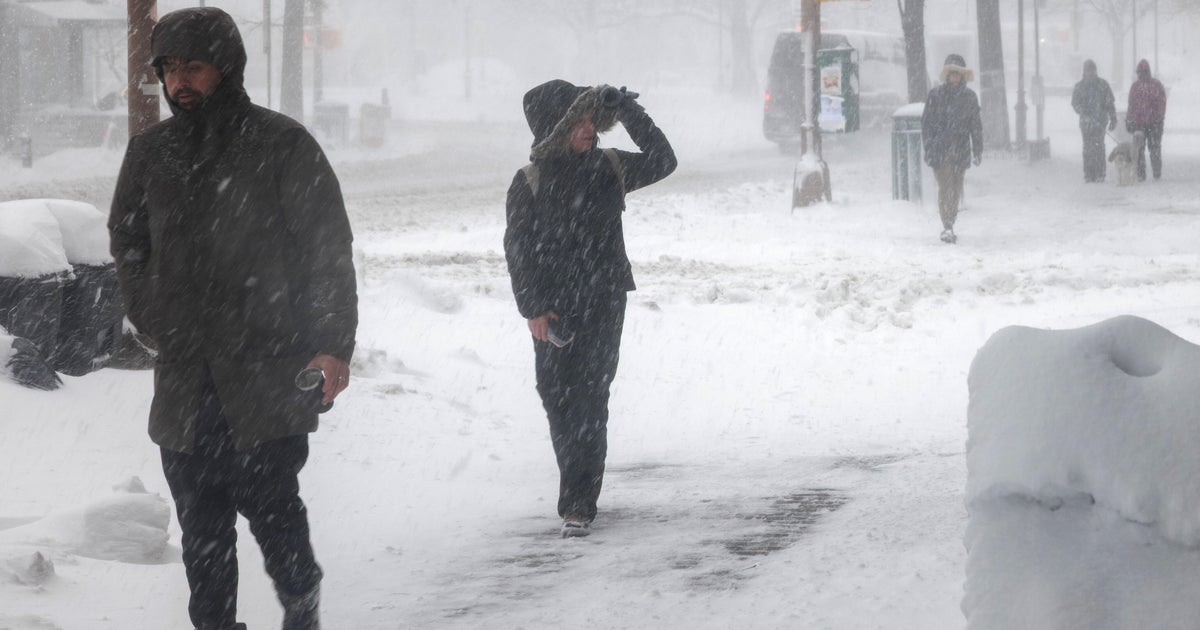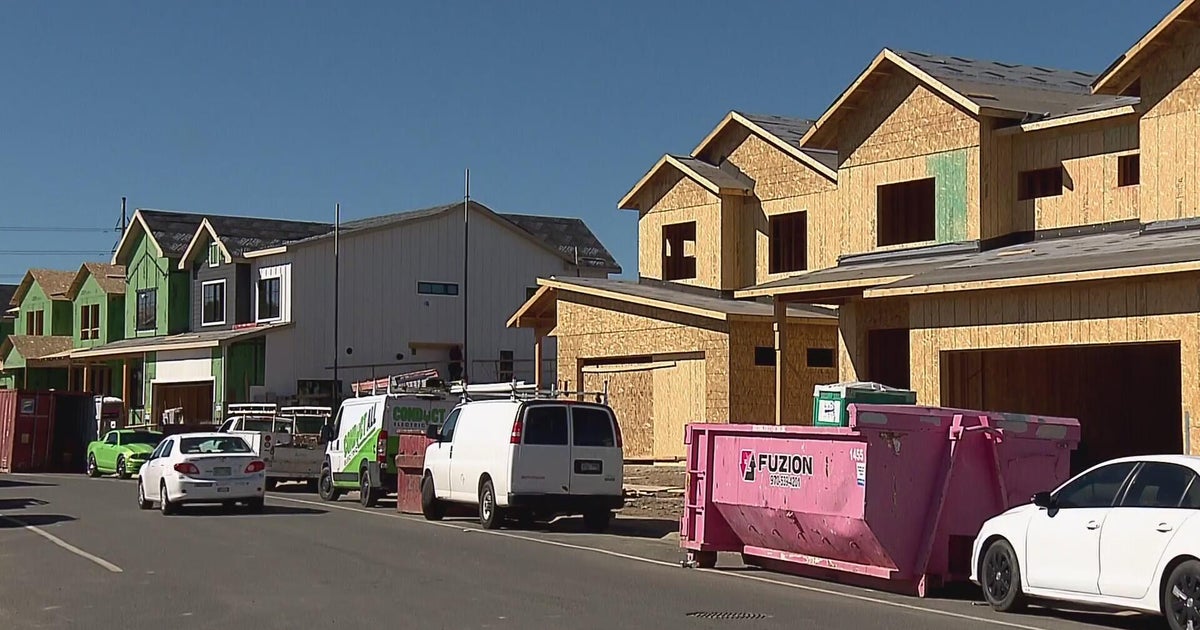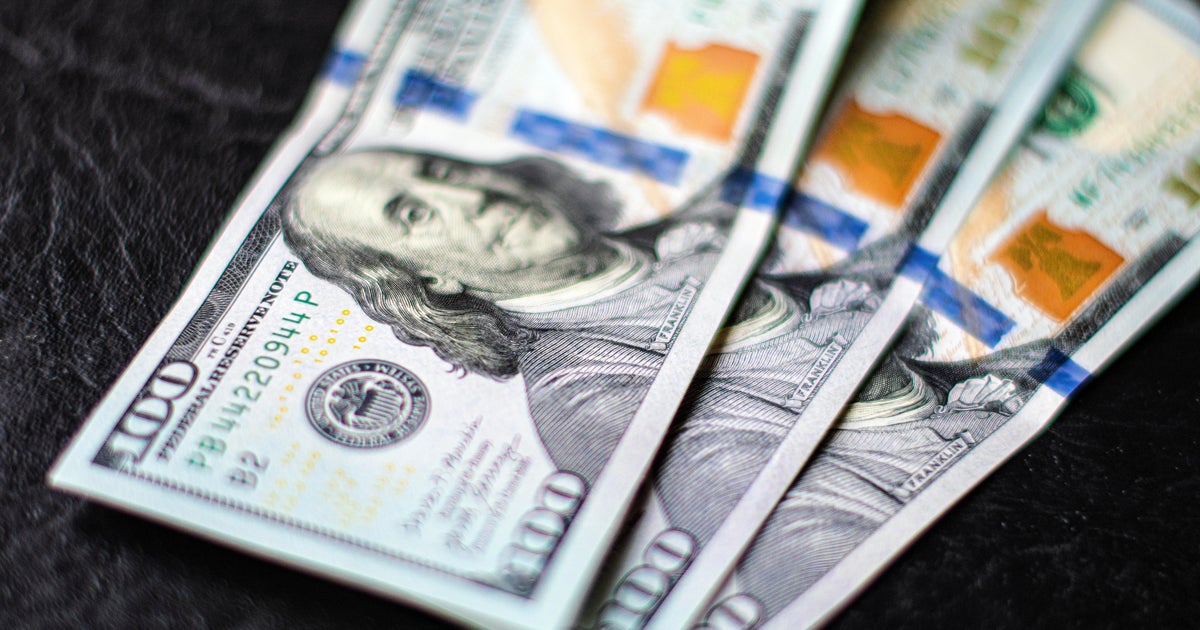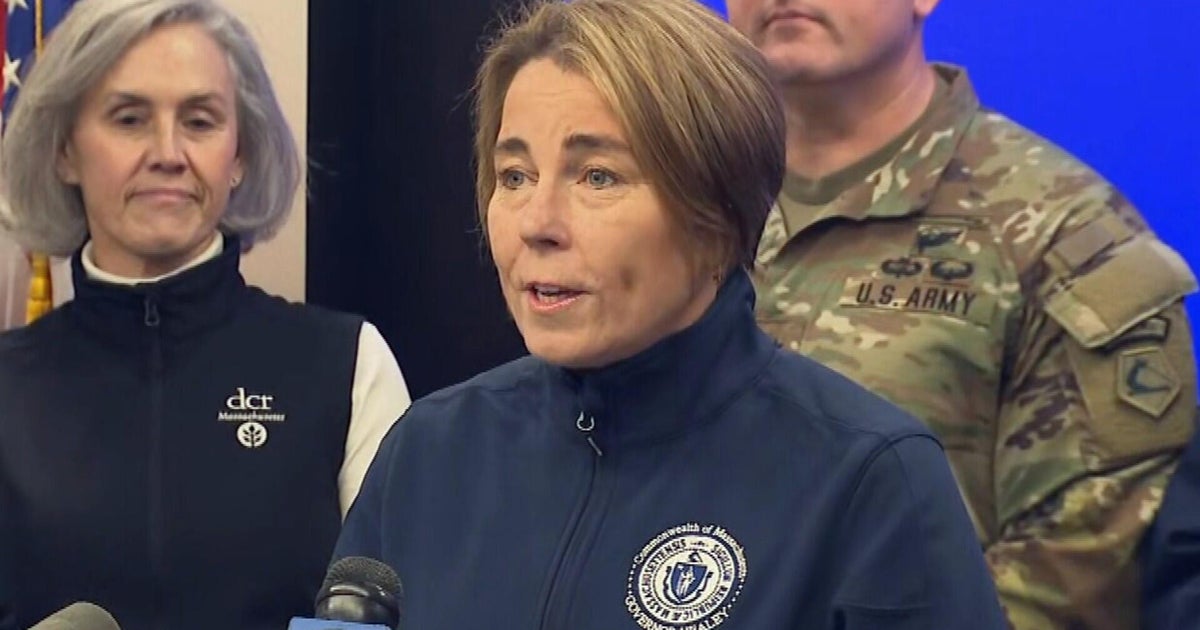Local Banks Could Be Forced Into Fees As Well
BOSTON (CBS) - Community bank chiefs eager to swipe Bank of America customers who are angry about the North Carolina bank's controversial new $5 debit-card fee said they cannot rule out raising their own fees in the future.
Razor-thin net interest spreads pinching profits and new regulations from Washington may force some banks to search for new income from customers, even as they hope to gain new ones at the megabank's expense.
"It's a tough world to make money in today," said Janice C. Morse, president and CEO of Newburyport Five Cents Savings Bank, who wouldn't rule out a debit-card fee someday.
"Depositors have to be a last resort. But banks aren't non-profits."
Bank of America socked customers with the swipe fee after a 22-cent cap was imposed Oct. 1 on what banks charge merchants when debit cards are used.
The rule, part of the Dodd-Frank financial overhaul law, applies only on banks with assets greater than $10 billion.
Now, community bankers are in a bind as they look to make a buck off their hamstrung competitors.
Rock bottom interest rates mean banks collect a meager spread between what they pay on savings and checking accounts and charge on loans or earn from deposits.
Stock market turmoil, meantime, savaged their investment returns, another profit vehicle.
Bankers may be forced to squeeze revenue out of one of their last alternatives — fees.
Community banks may wait six months before bumping up fees if mass Bank of America defections don't materialize to boost bottom lines, said Gerard Cassidy, an analyst at RBC Capital Markets.
"If the capture is not big enough, I would expect them to change strategy and start charging like everybody else," Cassidy said.
Bank of America is not alone in adding new fees.
Citibank of New York, for instance, followed Bank of America with its own monthly $5 debit card fee.
Wells Fargo of San Francisco and New York-based JPMorgan Chase are testing $3 monthly debit card fees in a handful of markets.
Morse said she hopes big bank consumers will turn again to her bank, where the highest monthly checking maintenance fee is $4 a month.
"This is one more time we can satisfy their need," she said.
But along with thin spreads, the cost of unfinished Dodd-Frank rules is an X-factor that could force her hand on fees.
"We just don't know what the cost is," Morse said. "That will add expenses onto us as well."
Pentucket Bank President Scott Cote said he hopes Bank of America customers flock to his no-fee banking and reward him for extending credit during the Great Recession.
But if new accounts don't materialize, Cote concedes fees may be unavoidable.
"If this economy stays this weak, you have to look at all your options," Cote said.
"Everything has to be on the table."
Middlesex Savings Bank also wants to peel off Bank of America customers, said Jim Briand, director of marketing.
Middlesex eyes its competitors – not spreads — when considering fees, which currently range from $3 for a basic account to $17 for a gold-plated one with a $10,000 balance.
"I would never say never (that fees won't go up)," Briand said.
According to Javelin Strategy and Research, the Durbin rule wiped out $6.6 billion in annual revenue for big banks, forcing them to hike fees.
Suzanne Moot, with M&M Associates, said following suit would be dangerous for small bankers.
"Bankers are capable of doing things that are not in the customers best interest," Moot said.
"But I think in this case, there's been so much outcry, bankers will try and find a way to grow income faster."
Independent Bancorp President and CEO Christopher Oddleifson said he's trying to grow his way out of raising fees.
Independent, which owns Rockland Trust, recently acquired Webster Bank's asset-based lending unit and opened a commercial loan office last week in Providence.
Rockland Trust recently eliminated overdraft fees for checking accounts and relaunched a multi-million-dollar print ad campaign for its free banking products — it has two free checking accounts, one of which is a "green" account that pays $300 a year to use a debit card instead of paper checks.
Lisa van der Pool of the Boston Business Journal reports
"We've chosen to focus on instead of how do we add fees to how do we wring more fees out of our existing business and how do we broaden our base of business," Oddleifson said.
"Raising fees would be shooting ourselves in the foot."







